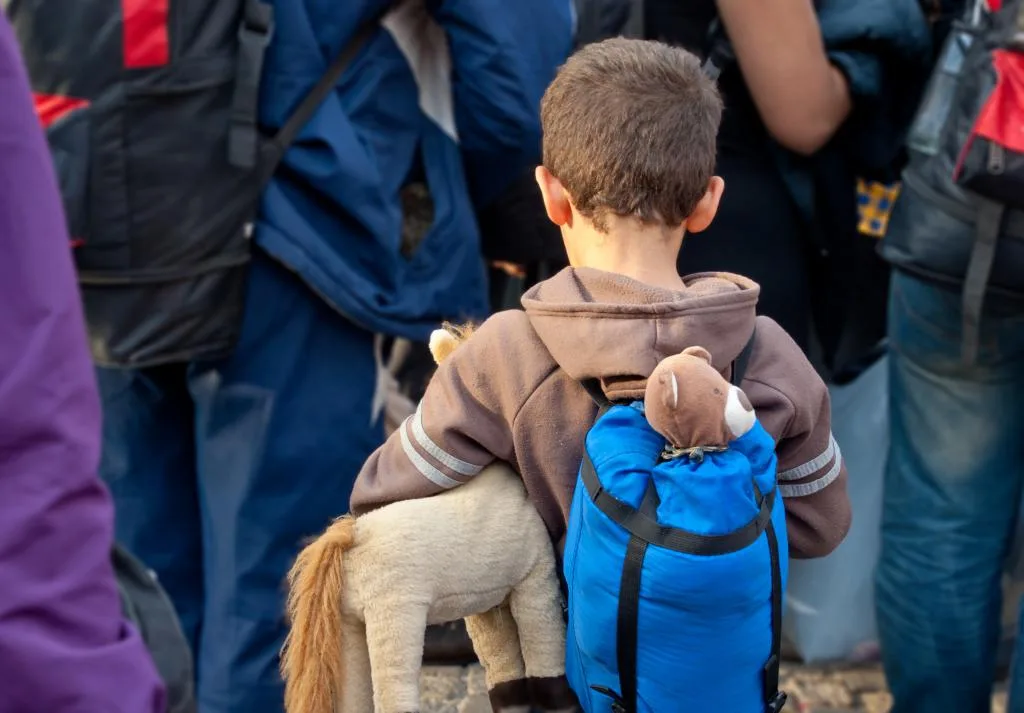The priorities of the Italian Semester could be “drawn with an ideal compasses.” Federica Mogherini, Italian Foreign Minister, illustrated them to the Foreign Commissions of the Lower and Upper Houses. “Take Brussels as the centre,” and you can follow “a line passing through Ukraine, Middle East and North Africa.” Theatres of the “widest crises” on which efforts will be focused, relying on “Italy’s added value: being able to discuss with all concerned parties.”
Minister Mogherini announced: “I will be in Kiev and then in Moscow next week.” She is concerned by the “increased infighting” between Russians and Ukrainians. She said “a bilateral ceasefire” is the “priority” on which “we are working.” Then, the necessity of “allowing OSCE patrolling borders, with the involvement of Russia.” These the most urgent commitments. In addition, “the latest Foreign Council produced a document with the indication of the necessity of relaunching the EU – Russia partnership, as well as the NATO – Russia one,” reminded Minister Mogherini. Once the ceasefire is reached, it will be necessary to work on “confidence building” between the two states, and “the EU will have to support its realisation, as well as to support economy” in Kiev.
The Middle East chapter opens with the peace process between Palestine and Israel. The Foreign Minister will be there “in about ten days, for her second visit” of the Semester. Renewing the “condolences, expressed by our Prime Minister too, for the killing of the three Israeli boys and of the Palestinian boy as well,” Mogherini said she is concerned for the possibility of these tragic events “to affect the negotiations, stopping them, igniting a spiral which makes negotiations very difficult.”
The Middle East issue should be managed from a wider perspective, according to Minister Mogherini. The Syrian crisis is part of the Semester agenda too: “Italy will play its role,” assured Mogherini, because “the Syrian crisis could destabilize Lebanon too,” where Italy is on the ground with the UNIFIL mission. Then, “the stability in Jordan could be threatened” by Iraqi goings on. It is hence necessary to intervene “for the constitution of a new government with a great coalition” in Baghdad. A government “representing all parties, non just Shiites but also Sunnites and Kurds.” The Minister warned that “was this target to be missed, Iraq risks the dissolution.” Hence “it is necessary to obtain the help of the main regional actors,” Iran included.
Then Egypt, where Mogherini should go “in the following weeks perhaps.” The target is “entering an active and direct dialogue with institutions” in Cairo. Egypt is a “crucial node for future regional balances.”
Talking about Libya, it is necessary to talk about migration: “the main flows of migrants headed to Europe pass through that country,” underlined the Foreign Minister. Mogherini talked about the importance for “a government to be strong and authoritative enough to control both the territory and the borders” of Libya. In addition, “we hope that it will be possible to start a bilateral and international activity for the signing of the conventions needed by UNHCR for working on the ground.”
Finally, Italy wants to boost the enlargement process of the European Union. During the Italian Semester then, the third round of visits for the Foreign Minister will be made “in Western Balkans and in Turkey.” Minister Mogherini wants “tangible results within the next six months,” to be turned into “tangible actions,” such as the acknowledgement of Albania as candidate for joining the EU. Otherwise, warned Mogherini, “the risk is to feed the frustration” of the public opinion in these countries, and risk the entire works of their governments in negotiating with Europe to be criticised.



![La bandiera della Regione Lombardia [foto: Wikimedia Commons]](https://www.eunews.it/wp-content/uploads/2022/09/lombardia.png.webp)








![Medici e infermieri [foto: Carlo Carino/imagoeconomica, tramite IA]](https://www.eunews.it/wp-content/uploads/2025/05/Imagoeconomica_1941150-120x86.jpg)
